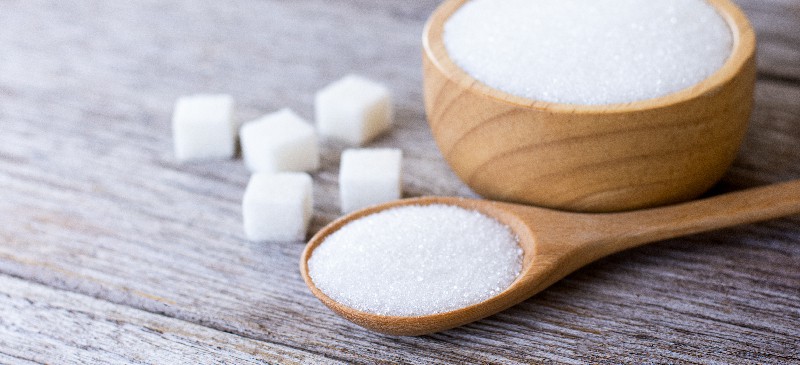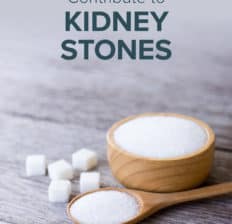This Dr. Axe content is medically reviewed or fact checked to ensure factually accurate information.
With strict editorial sourcing guidelines, we only link to academic research institutions, reputable media sites and, when research is available, medically peer-reviewed studies. Note that the numbers in parentheses (1, 2, etc.) are clickable links to these studies.
The information in our articles is NOT intended to replace a one-on-one relationship with a qualified health care professional and is not intended as medical advice.
This article is based on scientific evidence, written by experts and fact checked by our trained editorial staff. Note that the numbers in parentheses (1, 2, etc.) are clickable links to medically peer-reviewed studies.
Our team includes licensed nutritionists and dietitians, certified health education specialists, as well as certified strength and conditioning specialists, personal trainers and corrective exercise specialists. Our team aims to be not only thorough with its research, but also objective and unbiased.
The information in our articles is NOT intended to replace a one-on-one relationship with a qualified health care professional and is not intended as medical advice.
Study: Consuming Added Sugars Could Increase Risk for Kidney Stones
August 21, 2023

It’s no secret that sugar isn’t exactly the best thing to consume for your health. Sure, natural sugars in fruits and healthy carbohydrates can be part of a balanced, healthy diet, but added sugars coupled with excessive sugar intake can lead to whole host of health issues, including:
New research shows you can add an increased risk for developing kidney stones to the list.
Study: Added Sugar Intake Associated with Kidney Stones
Researchers out of China and Sweden sought to determine if added sugar intake had an effect on kidney stone formation and published their findings on Aug. 4, 2023, in the journal Frontiers in Nutrition. To do this, they evaluated National Health and Nutrition Examination Survey (NHANES) datasets from 2007 to 2018. Specifically, they analyzed people who were at least 20 years old who reported a history of kidney stones and who provided dietary recall data on added sugars.
According to the study authors, “Weighted proportions, multivariable logistic regression analysis and stratified logistic regression were used to evaluate the associations between added sugars and kidney stones by adjusting potential confounders.”
In all, 28,303 adults were part of the analysis with a mean age of 48 years old with a relatively equal distribution between males and females.
What did the researchers find? The greater the percentage of calories consumed from added sugars correlated with a higher prevalence of kidney stone formation.
Ultimately, the authors concluded: “A higher percentage of energy intake from added sugars is significantly associated with a higher prevalence of kidney stones. This study provides cross-sectional evidence for the relationship between added sugars and health outcomes.”
“Ours is the first study to report an association between added sugar consumption and kidney stones,” said lead author Dr. Shan Yin, a researcher at the Affiliated Hospital of North Sichuan Medical College, Nanchong, China. “It suggests that limiting added sugar intake may help to prevent the formation of kidney stones.”
However, there is still more to learn.
“Further studies are needed to explore the association between added sugar and various diseases or pathological conditions in detail,” cautioned Yin. “For example, what types of kidney stones are most associated with added sugar intake? How much should we reduce our consumption of added sugars to lower the risk of kidney stone formation? Nevertheless, our findings already offer valuable insights for decision-makers.”
How to Limit Sugar Consumption
Given this data, you may be wondering how much sugar you should consume daily. The answer isn’t so simple, but the American Heart Association recommends consuming no more than 100 to 150 calories from sugar, which is about six to nine teaspoons or 20 to 36 grams.
How can you help curb your sugar intake? First, limit or avoid consuming the following foods with added sugar:
- soda, energy drinks and sports drinks
- dairy desserts, such as ice cream
- candy
- sweetened teas and fruit drinks
- snacks like cakes, cookies, pies, etc.
- refined carbs
- many restaurant foods
- cereals and packaged oatmeal
- dried fruit and fruit snacks
- packaged breads
- bottle sauces, dressing, condiments and marinades
- snack or granola bars
- frozen waffles and pancakes
- “low-calorie” drinks
- sweetened yogurts and dairy
In addition, when sweetening foods, opt for sugar substitutes and natural sweeteners over artificial sweeteners and sugar, such as:
- raw honey
- stevia
- dates
- coconut sugar
- maple syrup
- blackstrap molasses
- balsamic glaze
- banana puree
- brown rice syrup
- real fruit jam
- monk fruit
Of course, be sure to consume even natural sweeteners in moderation, as they still provide some sugar and calories. You don’t want to overdue it.




